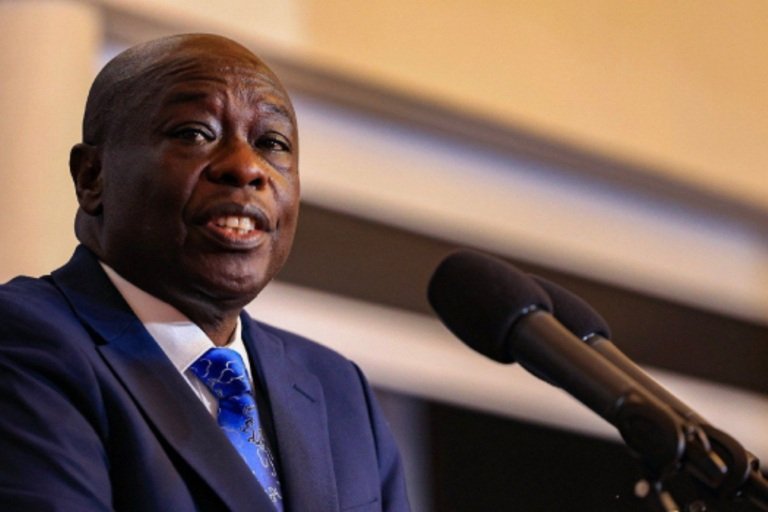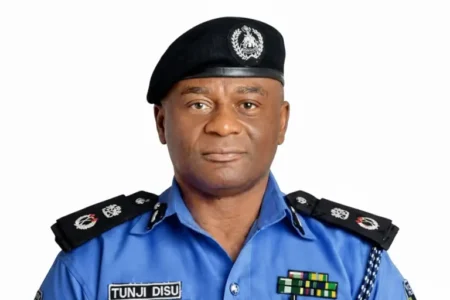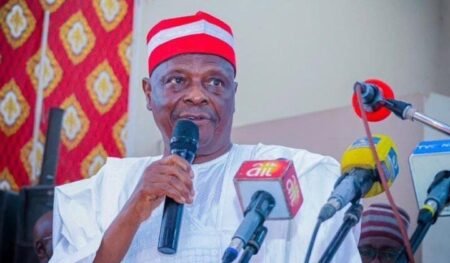Kenya’s Senate is scheduled to vote on whether to remove Deputy President Rigathi Gachagua from office at the conclusion of the second day of his impeachment trial.
On Thursday, the deputy president will defend himself before legislators in the upper chamber of parliament, two-thirds of whom must vote to remove him.
He faces 11 counts, including corruption, inciting ethnic conflict, and undermining the government.
As the trial began on Wednesday, the deputy president pleaded not guilty to all of the allegations as they were read in the house.
Last Monday, an overwhelming majority of MPs in the National Assembly decided to impeach him, paving the way for the Senate trial.
He has fallen out with President William Ruto, only two years after they were elected together.
The dispute began in June, when many angry Kenyans staged fatal protests against unpopular tax increases.
Mwengi Mutuse, the politician who had made the motion, testified before the Senate on Wednesday, accusing Gachagua of violating the constitution while explaining the numerous grounds for his petition.
He framed the accusations against the deputy president as “extraordinary” wrongdoing that would warrant impeachment, such as Gachagua’s remarks that the government was similar to a shareholding company and that only those who voted for the government would benefit from development and services.
He also accused the deputy president of amassing vast amounts of money through corrupt means, among other allegations.
During cross-examination, the lawmaker appeared to struggle with explaining his evidence at times.
A video of President William Ruto speaking at a rally in Murang’a, central Kenya, was shown in the Senate, during which he referred to citizens of the town as “major shareholders” of the government.
Gachagua’s lawyers questioned Mutuse on how the deputy president could be held accountable for “assisting” the president.
The politician was also challenged to explain the basis for valuing the riches that the deputy president is said to have obtained.
He is accused of obtaining assets worth 5.2 billion Kenyan shillings ($40 million; £31 million) in the two years since becoming deputy president, reportedly through corrupt ways.
He has stated that the majority of the properties in question came from his late brother’s estate.
During the trial, one of Gachagua’s lawyers, Elisha Ongoya, stated that all of the claims against the deputy president were “either false, ridiculous, or embarrassing.”.
The trial lasted all day and ended just before midnight, with one final witness called in.
It begins on Thursday morning, with the deputy president, the only witness on his side, defending himself for the majority of the day.
At the end of the process in the evening, senators will discuss the motion for around two hours before voting.
The deputy president is a wealthy businessman from central Mount Kenya, which has a large voting population.
In just five years, he ascended from first-time MP to number two in Kenya’s government after Ruto chose him as his running mate in the August 2022 election.
His impeachment trial has dominated recent conversations among Kenyans and the media.
Many analysts believe his impeachment will be successful if opposition lawmakers continue to support the ruling coalition, as they did in the National Assembly.
If the verdict is upheld, Gachagua will likely dispute it. Kenyan media has already reported on potential replacements, naming two incumbent governors and two ministers.










